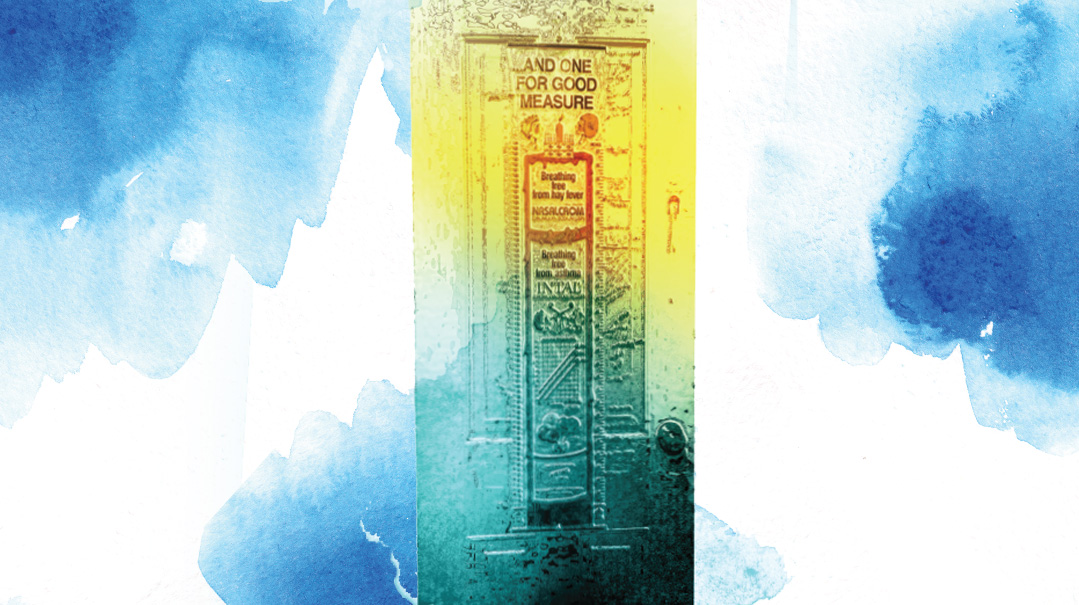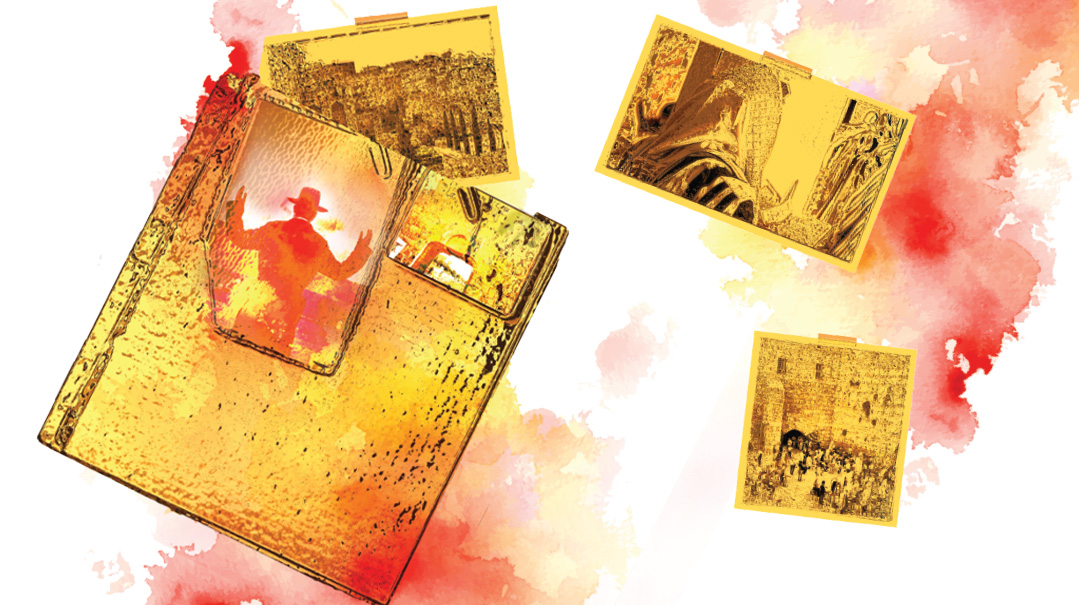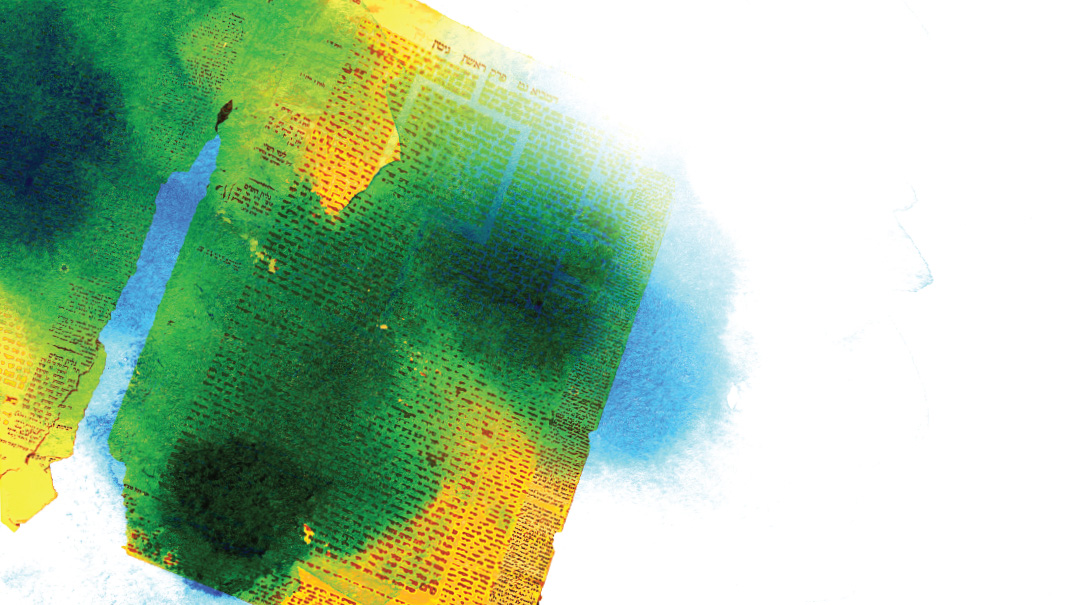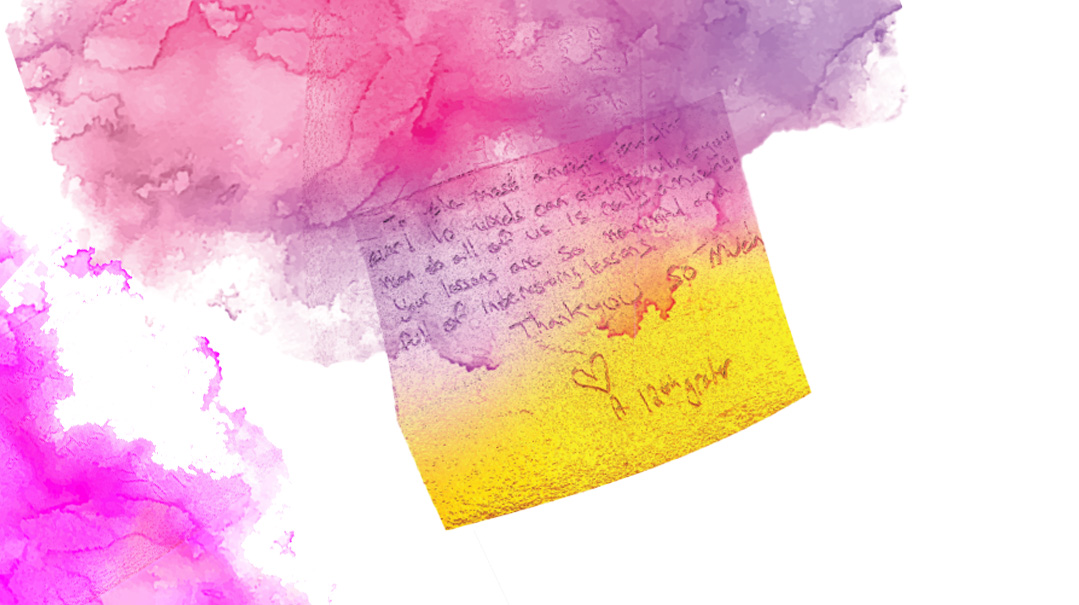Standing Guard
| September 20, 2022I can see the shul from my dining room window. The idea that it was so close, yet so far, was too much to bear
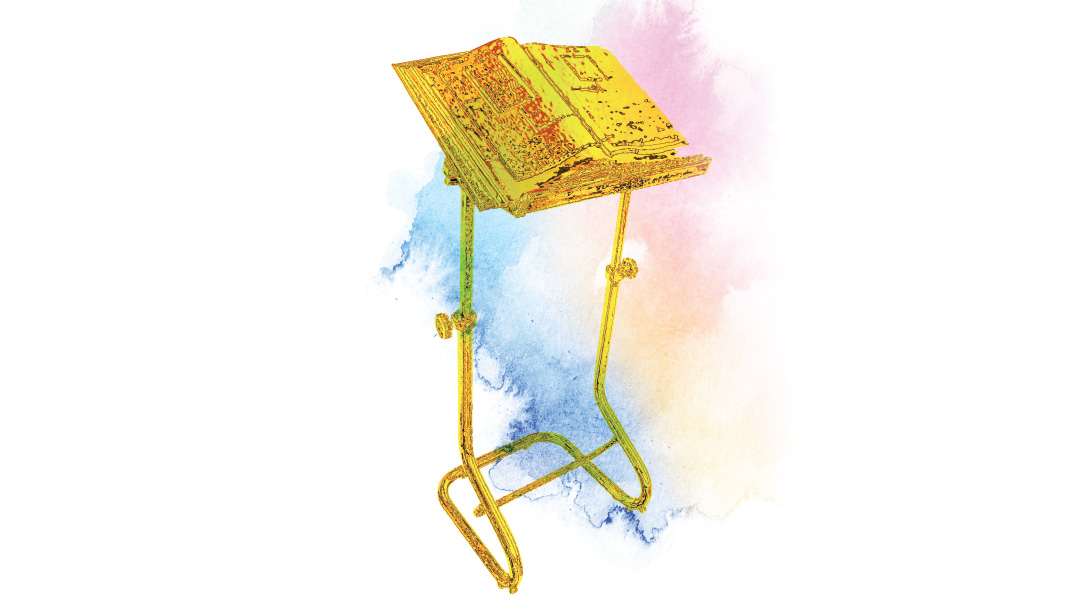
For many years, my job as chaplain in a local retirement facility required me to spend Rosh Hashanah and Yom Kippur there. That meant that precisely at the time of year that tefillah is so intrinsic to the avodah, my family and I were without a minyan. Every year I felt that I was being sent into exile during a time when Hashem is so close.
When it became possible for me to stay home for the Yamim Noraim and daven in shul again, it was spiritual ecstasy. Since then, I never felt that Yamim Noraim davening was too long — I treasured every moment. I was sure I would never leave the shul again.
But on Tuesday, March 17, 2020, I got the following email from Rabbi Avrohom Weinrib, the rav of our shul: “I feel like my world has turned upside down. I heard today from my rebbeim that we need to close our shul. In my wildest dreams or nightmares, I could not have imagined such a scenario…”
I can see the shul from my dining room window. The idea that it was so close, yet so far, was too much to bear. To be deprived of our shul — at a time like this! The old feeling of exile came rushing back.
But we Jews are experts at exile. We carry parts of our old world to create the new one. Our shuls remind us of the Beis Hamikdash, with so many elements representing the holy vessels with which we performed the avodah.
That’s what I’ll do, I decided. I’ll create a mikdash me’at in my own dining room.
I pulled out my phone and texted the Rav, “Is it appropriate for me to take my shtender home from shul?” I reread the text several times, a little embarrassed at the emotion in those twelve words. But the reply came quickly: “Absolutely.”
Back out to galus I went. The lobby was still and quiet. I crossed it and entered the main sanctuary. It was empty.
This wasn’t the only time I had seen the shul devoid of people. I had been in the building alone before — to get a sefer I had forgotten, to pick up my tallis. But this was different. The shul should have been teeming with activity, and there was no way to know when we would be back.
I walked toward my seat slowly, as if in a dream. It was hard to process that communal tefillos, the rhythm and routine of our days, was suddenly over. A beam of light filtered through the stained glass window over the aron, illuminating dust mites dancing in the air. I paused blankly when I got to my row, then approached my seat. There was only confusion in my mind and heart. I lifted the heavy shtender and stumbled out to my car.
I set up a folding table in our dining room, near the front window, covered it with a white tablecloth, and placed the shtender on it. I put my tallis bag beside it. My shtibel was complete.
For 83 days, the shul remained closed. I davened at my shtender, near the window that faced the shul, trying to feel the closeness it would have given me. The shtender represented where I wanted to be.
The relic took on a new role. My daughters used this shtender to daven — they certainly wouldn’t have been able to had it stayed in its place in shul. From its place in the dining room, the shtender bore witness to many strange experiences: A Pesach without shul. A Seder in which we abandoned the table, rushed downstairs, and huddled in the basement with a tornado warning blaring outside. It saw other kinds of experiences, as well: the family eating Seudah Shlishis together, learning Pirkei Avos together, walking out the door to take long Shabbos afternoon walks together.
When our shul reopened, I brought the shtender back. As I placed it on the table, I noticed something stuck to the bottom. It was a sticker — a bright purple heart, probably placed there by one of my daughters. Instinctively, I reached to peel it off.
But I paused. Life is full of experiences, many of them painful; all of them give us the opportunity to grow. The shtender had served as a reminder of what we would return to, but we also need to hold onto the hard times, to remember that we are part of a larger story: triumphs and failures, tragedy and victory, and growth, hard-won through hard times.
I left the sticker on.
Binyomin Yudin LISW-S is a psychotherapist and lecturer in a private practice in Cincinnati, Ohio.
(Originally featured in Mishpacha, Issue 929)
Oops! We could not locate your form.


